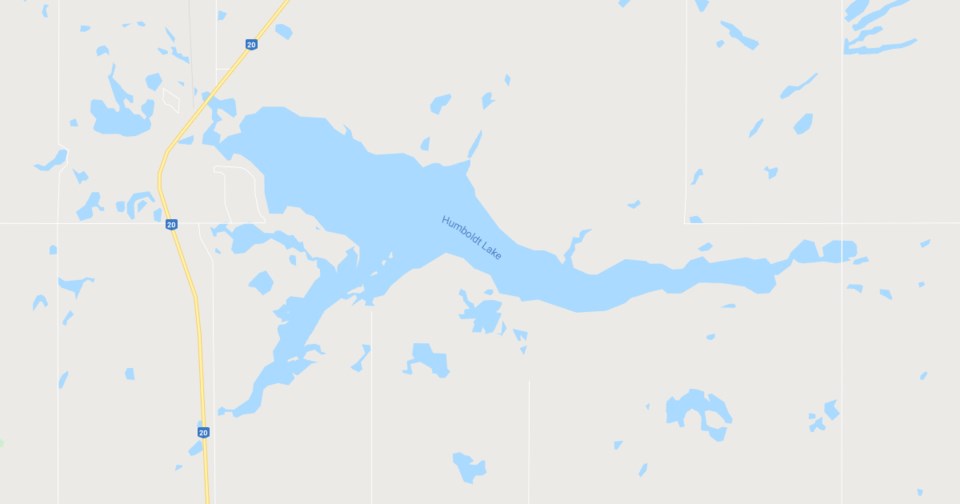HUMBOLDT LAKE — With thousands of dead fish found on the shores of Humboldt Lake this week, a fishery biologist said such major kills-offs aren’t uncommon.
“It's the character of the lake. It's a shallow lake and with the algae blooms throughout its history, it's had occasional winter and summer kills,” said Gord Sedgwick, an environment ministry fishery biologist for the Saskatoon area.
Sedgwick said there were major fish kills in the spring of 2005 and 1993. Neither were complete kills, as some fish managed to survive.
“This might be the year that it was a complete winter kill, but we're still going to wait and see on that,” he said.
The biologist said he’s told people to report if they catch any fish on the lake.
Humboldt Lake has been stocked with fish every one to four years since 1924. It was last stocked in 2019.
It’s been stocked with perch, which do well in the lake and reproduce naturally; pike, which don’t do well but do reproduce in small numbers; and walleye, which depend totally on stocking.
As to what killed so many fish, Sedgwick said the environment ministry will have to conduct tests to determine the cause.
Two common causes of fish kill are having a good summer that creates a build-up of aquatic vegetation, which then dies during the winter, or having snow cover that stops light from shining on the plants in the winter.
The City of Humboldt does release processed sewage effluent into the lake, but a spokesperson from the Water Security Agency said there hasn’t been any effluent released into the lake since the fall of 2019 and that any effluent meets water quality standards for a fish bearing lake.
Sedgwick said he’s optimistic about the future of the lake as a place to fish.
“My experience with other winter kill lakes, they may last for 17 to 20 years, there'll be a winter kill and then we just go stock fish in it again and then we manage it until there's the next kill.”
The plan is to go to Buffalo Pound Lake next year and stock the fish with 500,000 walleye around June. This year it can’t be done due to pandemic restrictions. Sedgwick said they’ll also look at restocking the perch because they did well.
The fishery biologist said the ministry was also planning to survey the lake this year. The last survey was done in 2012 and happens every seven to 10 years.




